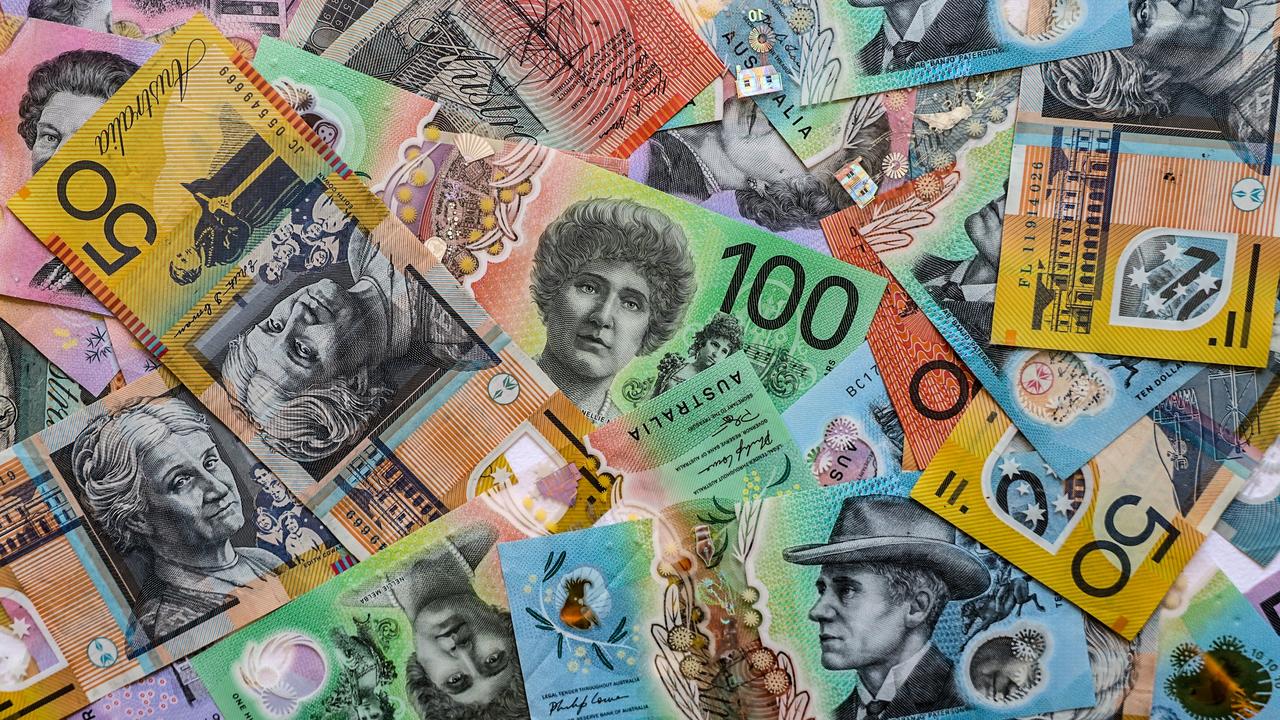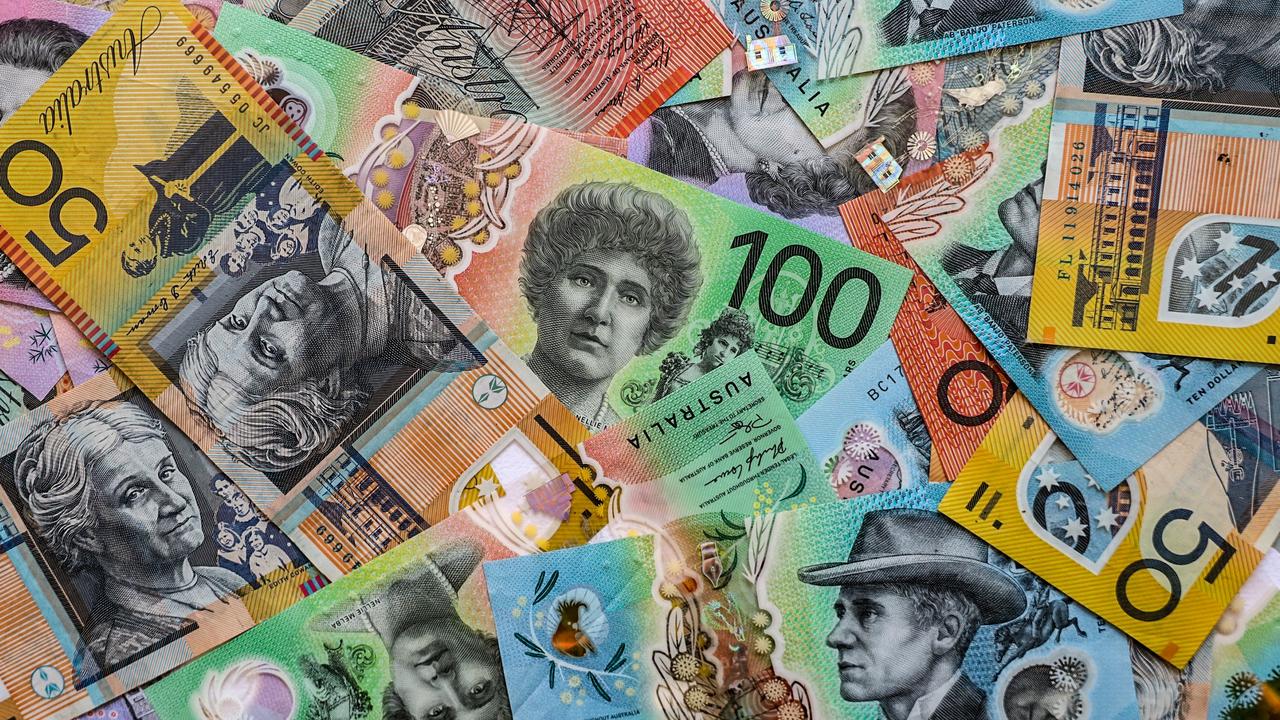Trivial reason Aussies are paying more as EU trade talks begin
Australia’s trade deal with the European Union is back on the table if either side can shift on one key detail.
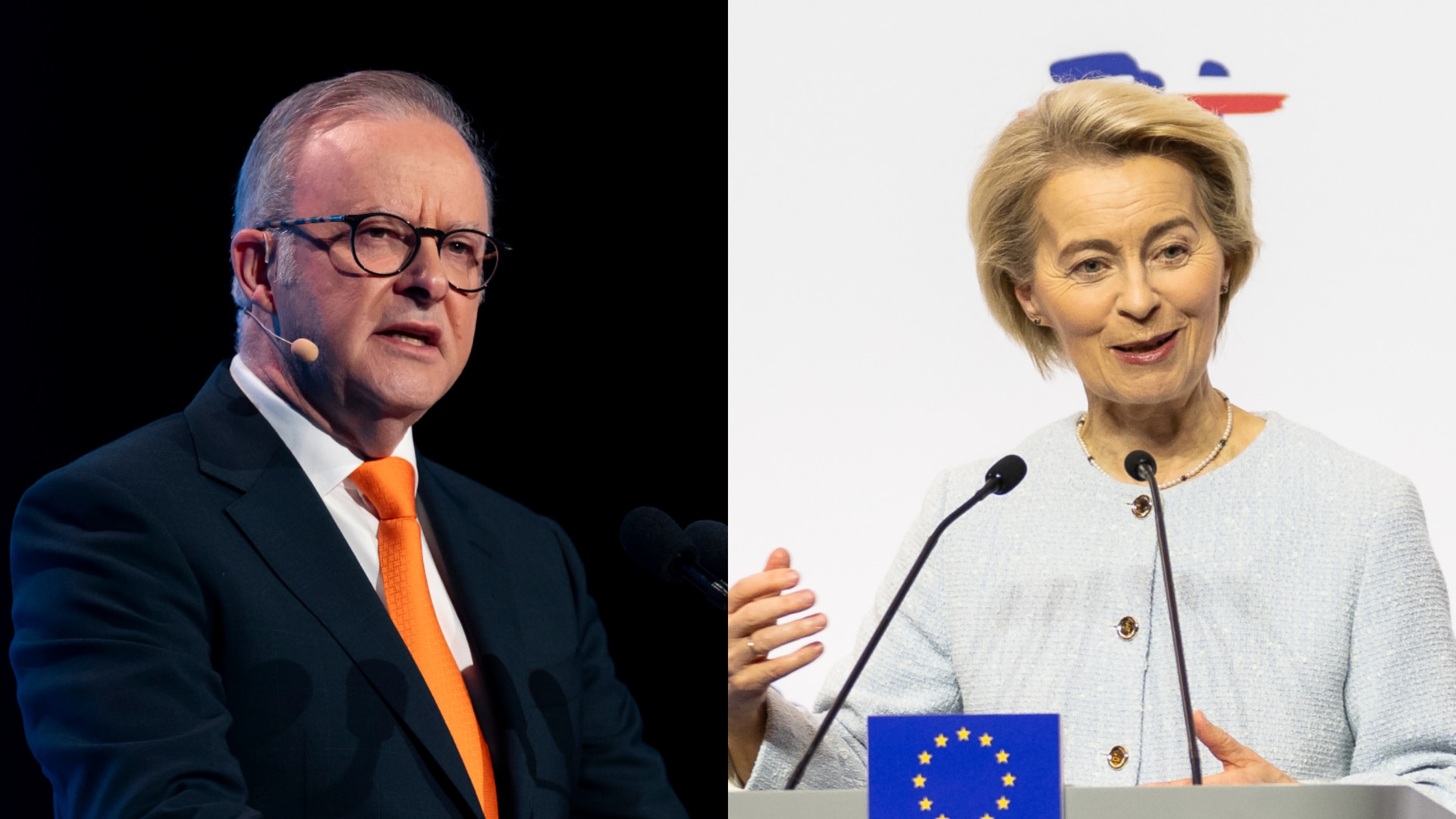
Australian consumers could benefit from cheaper luxury goods as countries look for new trade deals following US President Donald Trump’s tariff policy.
With global trade being altered by the Trump administration’s new policies, major trading blocks are looking for new deals, including Australia and the European Union.
But so far, trade talks have stalled, as neither is willing to alter their stance on naming rights on key agriculture products.
The Australian government believes products should be named based on the actual commodity, while the EU wants to protect products based on geography.
It says, for example, a product can only be called champagne if it is made in the Champagne region of France.
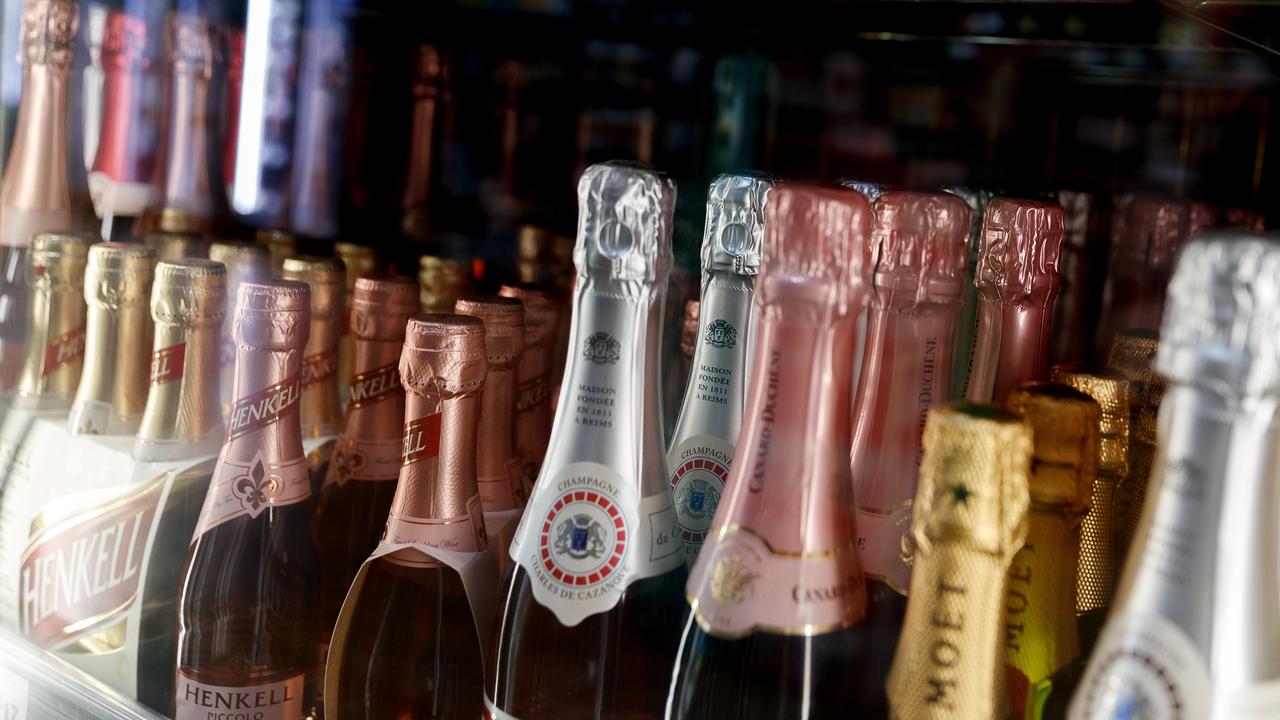
For Australia to have greater access to the European market, the EU wants us to stop using terms such as prosecco and feta that are tied to geographical regions in Europe – something that Australian producers are reluctant to do.
While talks are still in their infancy, AMP chief economist Shane Oliver said Australians could benefit from cheaper European goods if a deal materialised.
“For Australians, it will quite probably mean cheaper goods from Europe,” he said.
“I don’t know how cars are being treated in this, but I do know some European cars are subject to tariffs and they could quite possibly be removed.
“It would be good news for Australian consumers via cheaper products from Europe and for Australian producers who get access to a bigger market globally at a time where it is becoming more difficult to sell to the US.”
Australians imported $62.7bn worth of goods and $18bn worth of services from the EU in 2023, with tariffs ranging from 7 to 12 per cent.
STICKING POINT
After a seven-year effort for Australia to secure a free-trade deal with the EU, talks stalled in 2023 over differences in opinions for agricultural exports.
But a meeting between the European Commission and Prime Minister Anthony Albanese at the Pope’s inauguration helped revive the previously stalled chats.
Since the post-Trump world, previous trade stumbling blocks, including the naming rights for products including feta and prosecco, are back on the table as Australia and the EU look for a trade deal.
Dropping naming rights claims would be a major concession from the EU, but the Albanese government has argued it’s critical to securing a free-trade agreement between the two.
Trade Minister Don Farrell said a “lot of things have changed” since negotiations broke down in 2023 due to sticking points in the agriculture sector.
Mr Farrell said on Monday “both Australia and Europe now realise that there’s a priority and an imperative to get a free-trade agreement”.
“If other countries don’t want to trade with you, well, that’s fine,” he told Sky News.
“That’s their decision, but if there are countries who do want to do trade with you, well, then you’ve got to go that extra mile to get an agreement over the line.”
TRUMP TARIFFS CATALYST FOR NEW DEAL
Mr Trump used a speech on April 2 to announce wide-ranging tariffs on just about every trading partner based on evening up the US trade deficit.
Dubbed liberation day and “it’s no joke”, every country, including Australia, faced a 10 per cent tariff, while “cheating” nations were whacked with higher tariffs.
Mr Trump subsequently paused all tariffs for 90 days to allow countries to work out trade deals with the US.
Australia was given only the base rate, but Australian beef exports were singled out by Mr Trump during his speech.
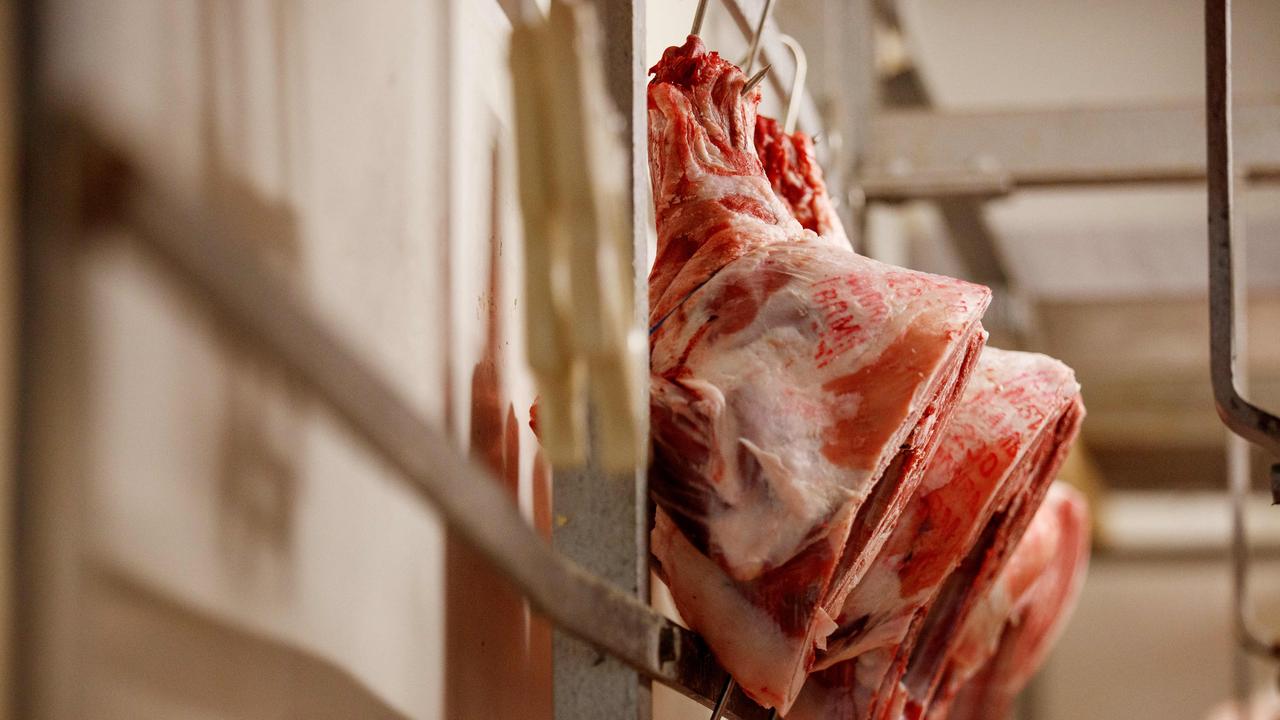
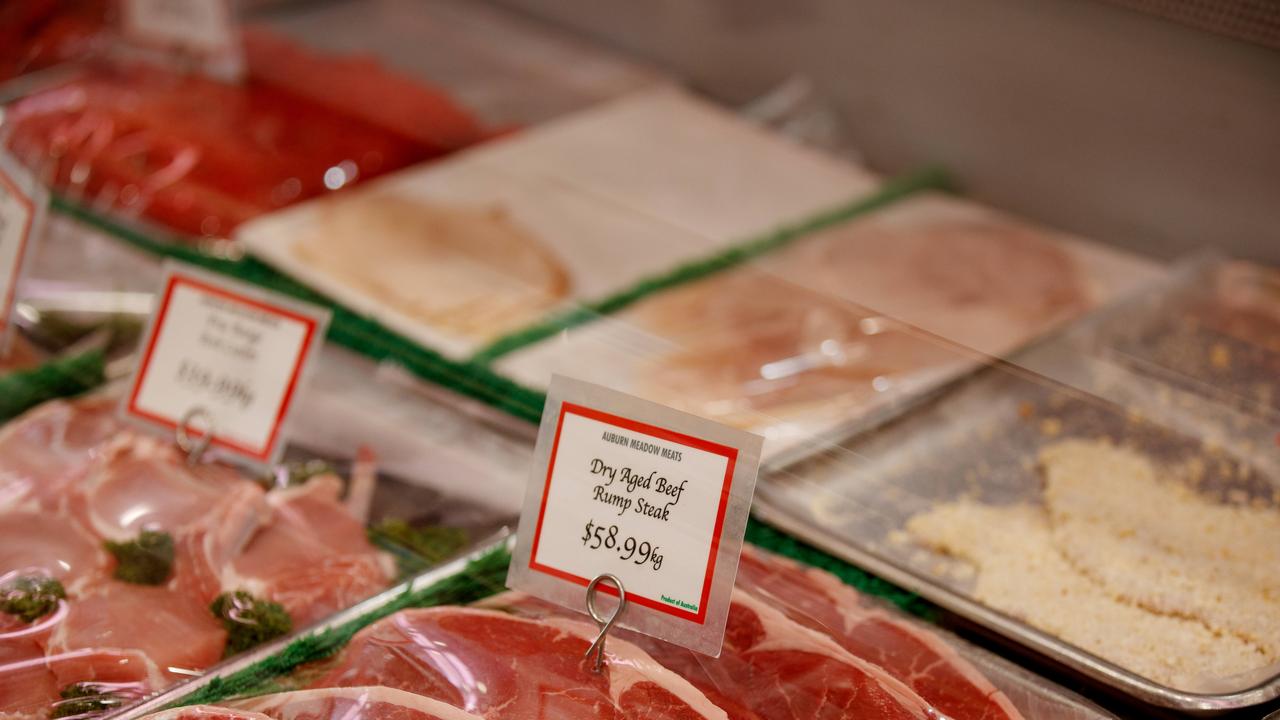
“Australia bans – and they’re wonderful people, and wonderful everything – but they ban American beef,” he said.
“Yet we imported $3bn of Australian beef from them just last year alone.
“They won’t take any of our beef. They don’t want it because they don’t want it to affect their farmers. And you know, I don’t blame them, but we’re doing the same thing right now starting at midnight tonight.”
While Australia fared better than the EU under the Trump tariff plan, Dr Oliver told NewsWire that both trading blocks were looking for new deals.
“They seemed to grind to a halt and what’s happened now with the US tariffs being imposed on both countries – being a bigger threat to Europe compared to Australia of course – that’s brought the two back together again,” he said.
“I think you’ll see this around the world that countries that might find their exports to the US under threat might seek to come up with other nations as alternatives.”
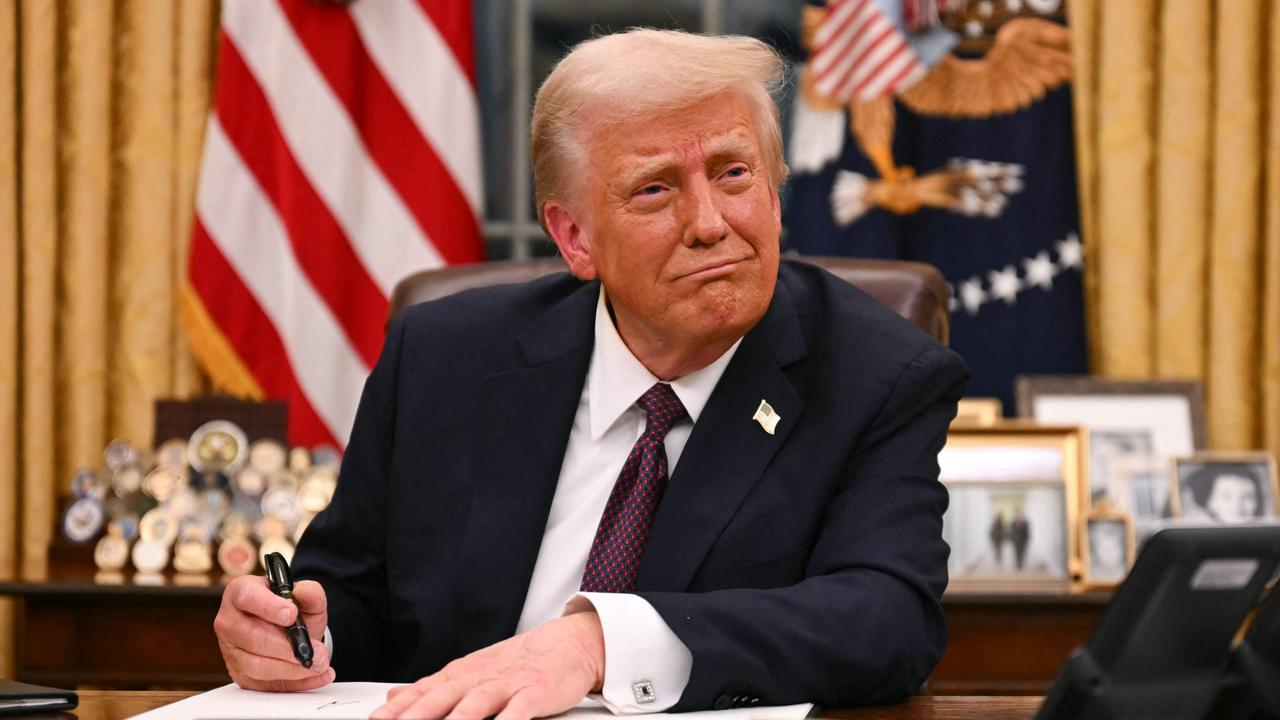
FARMERS PUSH FOR FREE TRADE
Australian farmers have welcomed the potential of a trade deal with the EU but stressed the importance of improved agricultural market access and standing strong on matters such as geographical indicators for a variety of food products.
NFF president David Jochinke said the ag industry supported Mr Albanese’s comments.
“The deal on offer from the European Union simply wasn’t good enough, limited market access and too many strings attached,” Mr Jochinke said.  
He said the central issues remained the same for Australian producers.
“This isn’t just any trade deal, it’ll shape trade between Australia and Europe for decades,” he said.
“That’s why it must be fair and balanced, with real gains for Australian agriculture at its core.”
LIMITED BENEFITS
While key industries are set to benefit from a trade deal, Dr Oliver warns it’s unlikely to help Australia’s lagging economic growth.
“I don’t think either Australia or the European Union desperately need this,” he said.
“Am I going to revise up my GDP growth forecasts as a result of this deal? Probably not.”
But Dr Oliver did say a deal would help with confidence in the markets, lift certain industries and it’s one of those things “that are better to have than not”.
“I think psychologically, for Europe and Australia it’s a positive, as it shows Trump is doing negative things but other countries around the world can get together and do positive things such as opening trade.”


